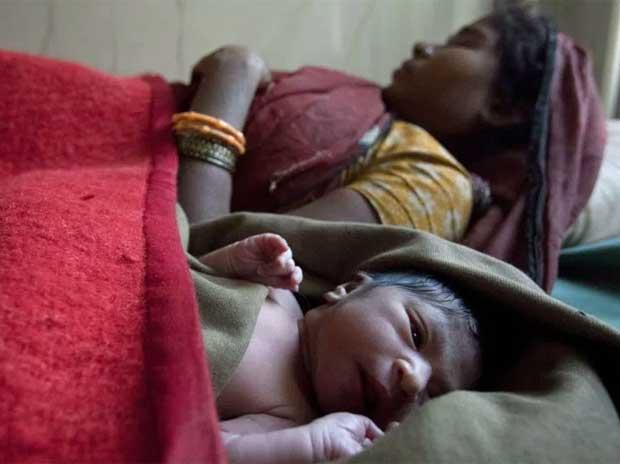Anaemia crisis in Indian women: Delaying pregnancy, using toilets can help
Higher
proportion of Indian women who were pregnant were anaemic in 2016 (50%) when
compared to China (32%), Bangladesh (46%), and Nepal (40%), according to data
from the World Bank
Health News:
Improved
sanitation facilities and delayed pregnancy in India could reduce the rates of
anaemia in pregnant women faster. The prevalence of anaemia in pregnant women
in India (50%) is higher than all South Asian nations except Pakistan.
A one-year increase in age at pregnancy
between 2002-04 and 2012-13, and a 10% reduction in open defecation could each
result in a 3.5- to 3.8-percentage point reduction in anaemia in pregnant
women, found a March 2018 study published in the journal Public Health
Nutrition.
Anaemia–low blood haemoglobin levels–which
impacts half of Indian women of reproductive age, increases the risk of
maternal mortality, infection, preterm delivery, poor foetal and infant health,
and puts children at lifelong risk of issues involving cognitive development
and physical growth.
“Multisectoral public health policies and
programmes that simultaneously target women’s education, early marriage, open
defecation and promotion of diets rich in iron and folic acid and low in
phytate are likely to have the greatest impact on anaemia reduction among
pregnant women,” according to the study, co-authored by Suman Chakrabarti, Nitya
George, and Samuel Scott of the International Food Policy and Research
Institute (IFPRI), Moutushi Majumder of the Public Health Foundation of India,
and Neha Raykar of Oxford Policy Management.
Between 2002 and 2012, the duration of the
study, anaemia prevalence among pregnant women fell from 82.1% to 66.4%, women
got pregnant later, were more educated, and received more antenatal care
visits, the study found.
But a higher proportion of Indian women who
were pregnant were anaemic in 2016 (50%) when compared to China (32%),
Bangladesh (46%), and Nepal (40%), according to data from the World Bank. Only
Pakistan had a higher rate (51%) of anaemia among pregnant women. The world
average is 40.1%.




Comments
Post a Comment